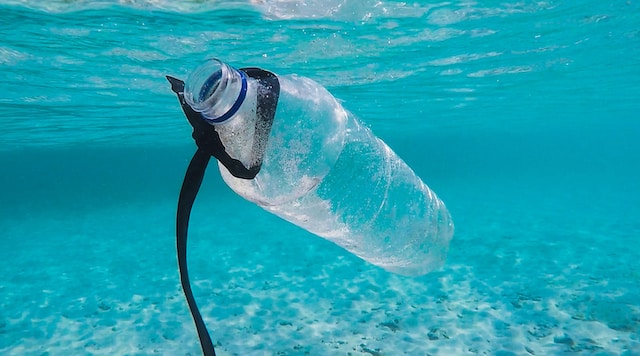A recent study has raised concerns about the potential link between a common plastic packaging material and an increased risk of autism in boys. Bisphenol A (BPA), a chemical widely used in the production of plastic food packaging, has been under scrutiny for its potential health implications. A study published in Nature Communications revealed a disturbing correlation between prenatal BPA exposure and the development of autism spectrum disorder (ASD) in boys.
BPA and Autism Spectrum Disorder
Researchers found that boys exposed to higher levels of BPA in the womb were significantly more likely to exhibit autism symptoms by the age of two and were six times more likely to be diagnosed with autism by age eleven. This alarming statistic underscores the urgent need for further investigation into the effects of BPA on fetal development.
The study suggests that BPA may interfere with the normal development of the brain, particularly in male fetuses. This disruption, tied to the suppression of the enzyme aromatase, may contribute to the increased autism risk.
How BPA May Impact Fetal Brain Development
While this study provides compelling evidence, it’s essential to approach these findings with caution. More research is necessary to establish a definitive causal relationship between BPA and autism. However, given the potential implications for public health, it is crucial to prioritize precautionary measures.
Reducing BPA exposure through careful product selection and adopting eco-friendly alternatives can be a proactive step. Additionally, advocating for stricter regulations on BPA usage in consumer products is essential.
As scientists continue to unravel the complexities of autism, understanding the role of environmental factors like BPA is paramount. By prioritizing research, implementing preventive measures, and raising public awareness, we can work toward safeguarding the health and well-being of future generations.







